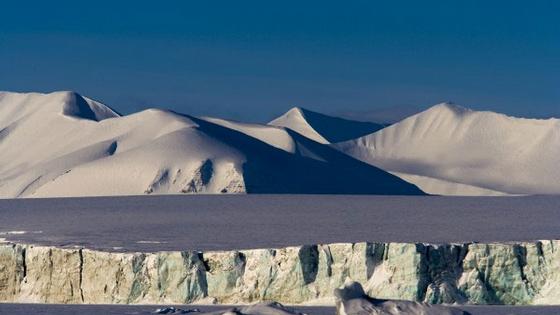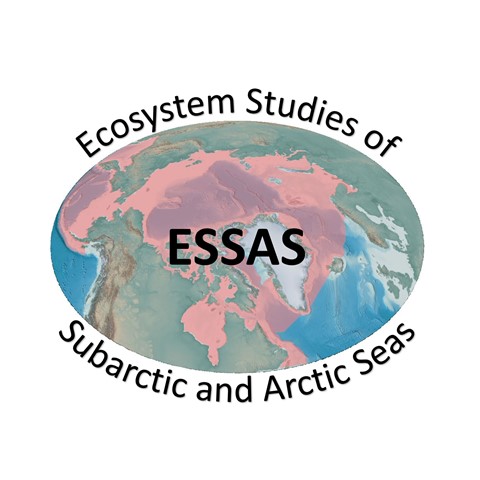
Results of ESSAS science are found within the research reports listed on the “Primary Publications” page of this website
Results of ESSAS science can also be found in the annual reports of ESSAS Scientific Steering Committee (SSC) meetings presented on the “ESSAS Reports” page of this website
ESSAS Working Groups Include:
Present Working Groups
Analogues of an Arctic in Rapid Transition, WGAnalogueART (2017- )
This WG is exploring the use of natural analogues to investigate the effects of climate change and ocean acidification on northern ecosystems.
Chair: Samuel Rastrick (samuel.rastrick@imr.no)
Read more
Paleo-Ecology of Sub-Arctic Seas, WGPESAS (2014- )
The purpose of this working group is to explore the deep temporal dimension of subarctic marine ecosystems and to understand current ecosystem structure and function in the context of century to millennial scale climate, ocean, and human interaction.
Chair: Ben Fitzhugh (fitzhugh@uw.edu)
Read more
Human Dimensions, WGHD (2013- )
The aim of this working group is to conduct case studies and comparative analyses of the responses of human systems to regime shifts in biophysical systems.
Read more
Bioenergetics of Subarctic Fishes, WGBSF (2013 – )
The main objective of this WG is to develop a deeper understanding of climate’s impact on the match between subarctic juvenile fish and their prey and the implications of that relationship for future production, primarily through modeling studies.
Read more
Arctic-Subarctic Interactions — Working Group (2011 – )
The aim of this Working Group is to examine the physical and biological exchanges between the Arctic and Sub-arctic regions, including the role of climate forcing on the rate of the exchanges and the possible effect of climate change on future exchanges.
Co-Chairs: Franz Mueter (franz.mueter@alaska.edu) and Ken Drinkwater (ken.drinkwater@imr.no)
Read more
Former Working Groups
Modeling Ecosystem Response, Working Group (2006 -2017 )
The goal of this Working Group was to develop conceptual, mechanistic/process, statistical/empirical, and simulation models to facilitate comparison of ESSAS ecosystems and to forecast the impacts of climate change on ecosystem structure and function in multiple ESSAS ecosystems.
Climate Effects at Upper Trophic Levels, Working Group (2008 – 2010)
The main goal of this Working Group was to assess the effects of ocean climate variation and fishing on the interactions between gadoid fishes and crustaceans by conducting a comparative study across multiple sub-arctic marine ecosystems.
TOR WG 4 Climate Effects at Upper Trophic Levels
Regional Climate Prediction, Working Group (2006 – 2010)
Working Group was to provide quantitative estimates of the magnitude and uncertainty of future climate change for the ESSAS regions, and the frequency distribution of natural variability. A major achievement of this Working Group was the publication by Overland and Wang (2007, Geophysical Research Letters) on the best IPCC models to use for downscaling for the sub-arctic seas.
TOR WG 1 Climate Prediction
Biophysical Coupling, Working Group (2006 – 2010)
The goal of this Working Group was to determine how climate-driven variability in physical conditions and processes in the ocean will affect the organisms that make up marine ecosystems and thus the transfer of energy and material through sub-arctic marine ecosystems. This Working Group held several workshops including on the role of sea-ice, hotspots and advection in subarctic seas. This Working Group has been replaced with the Working Group on Arctic-Subarctic Interactions.
TOR WG 2 Bio-physical Coupling











